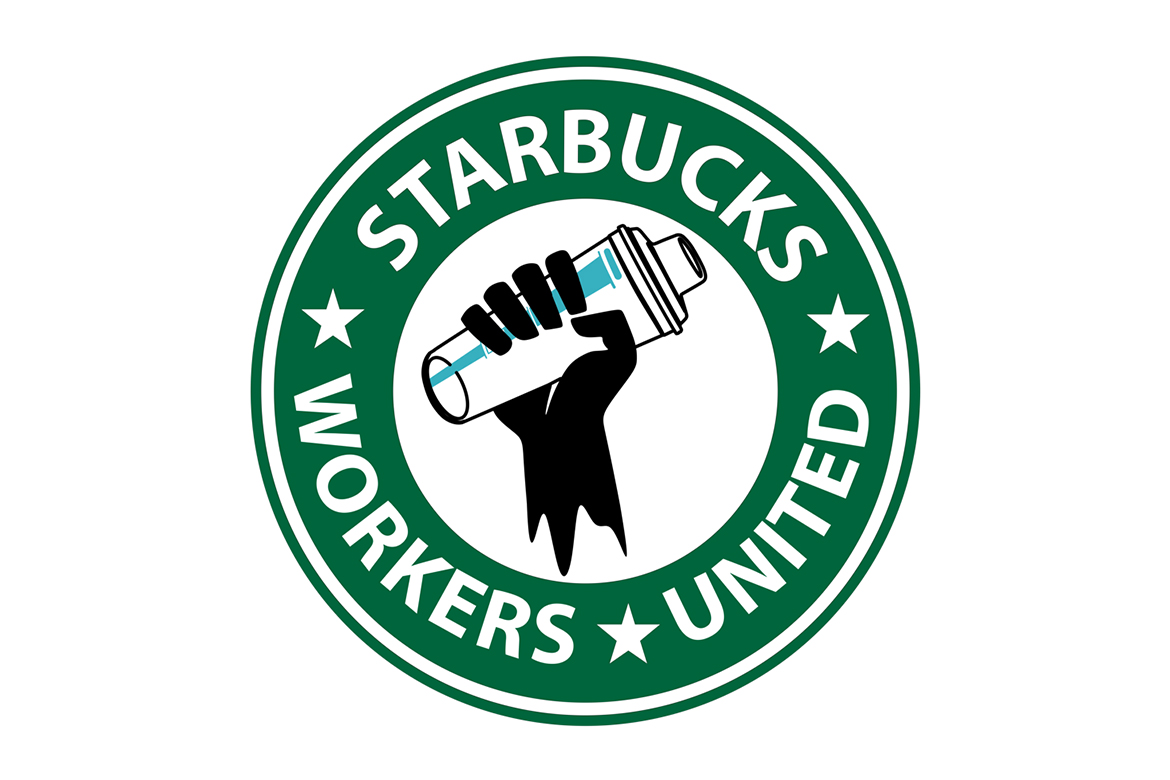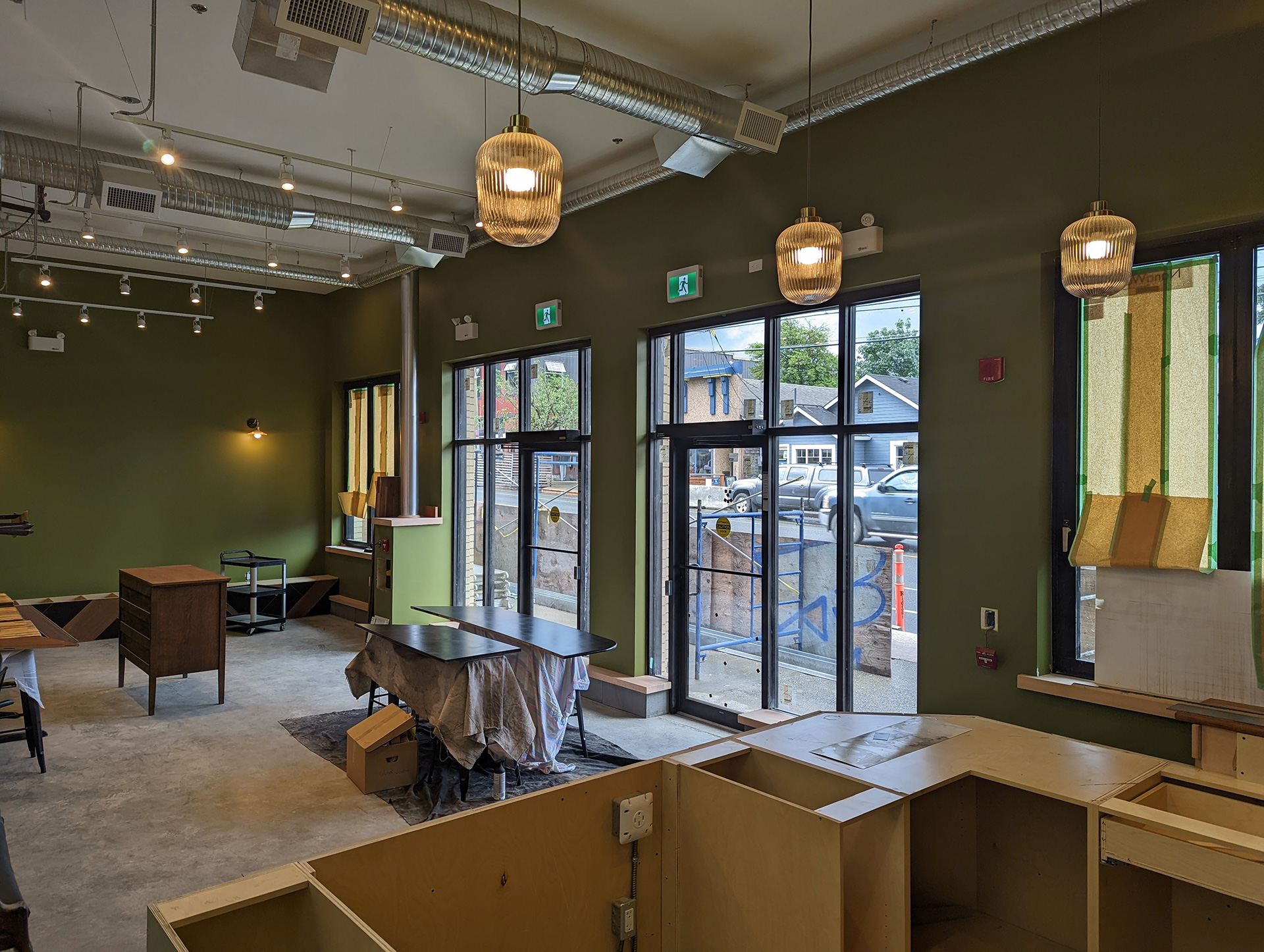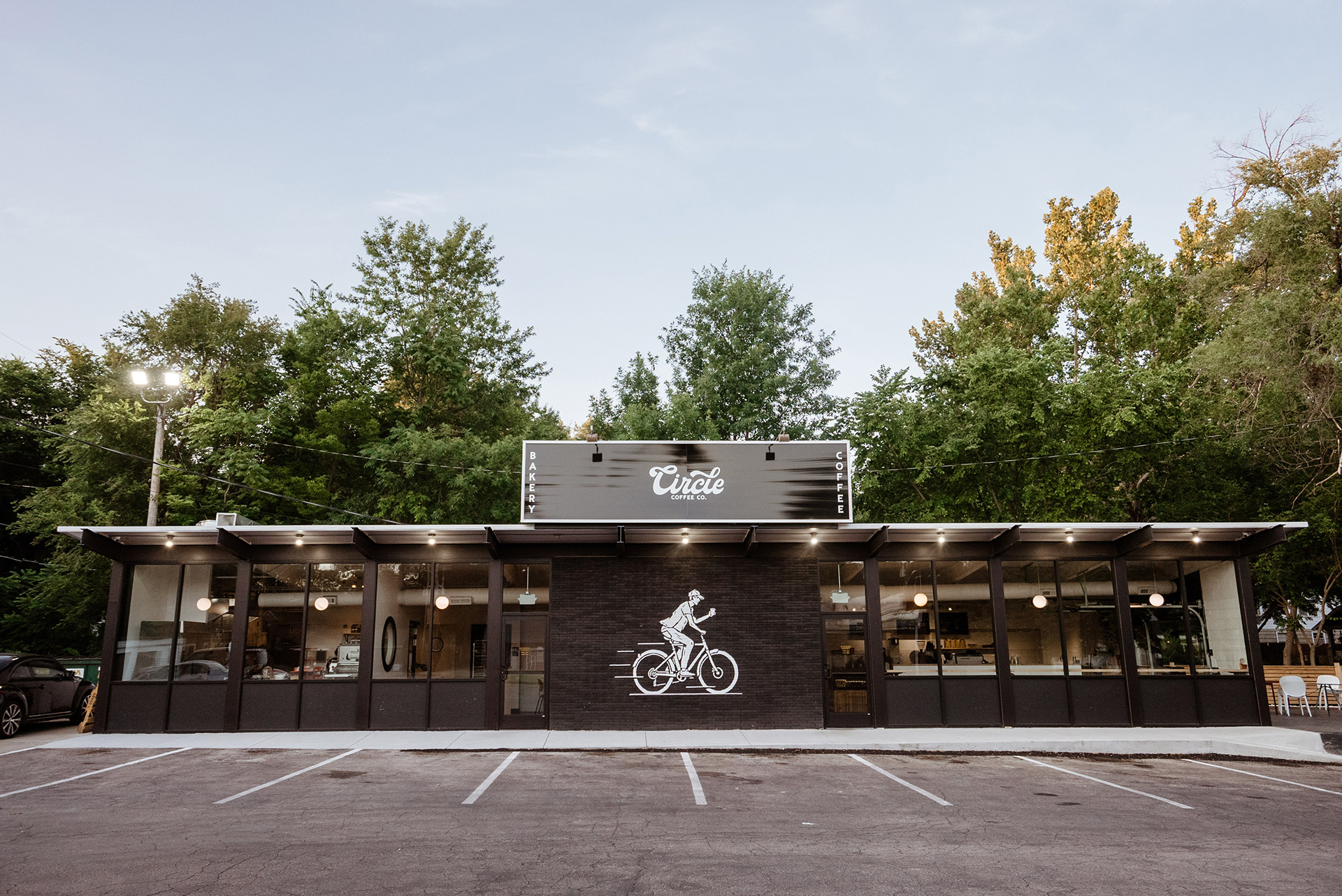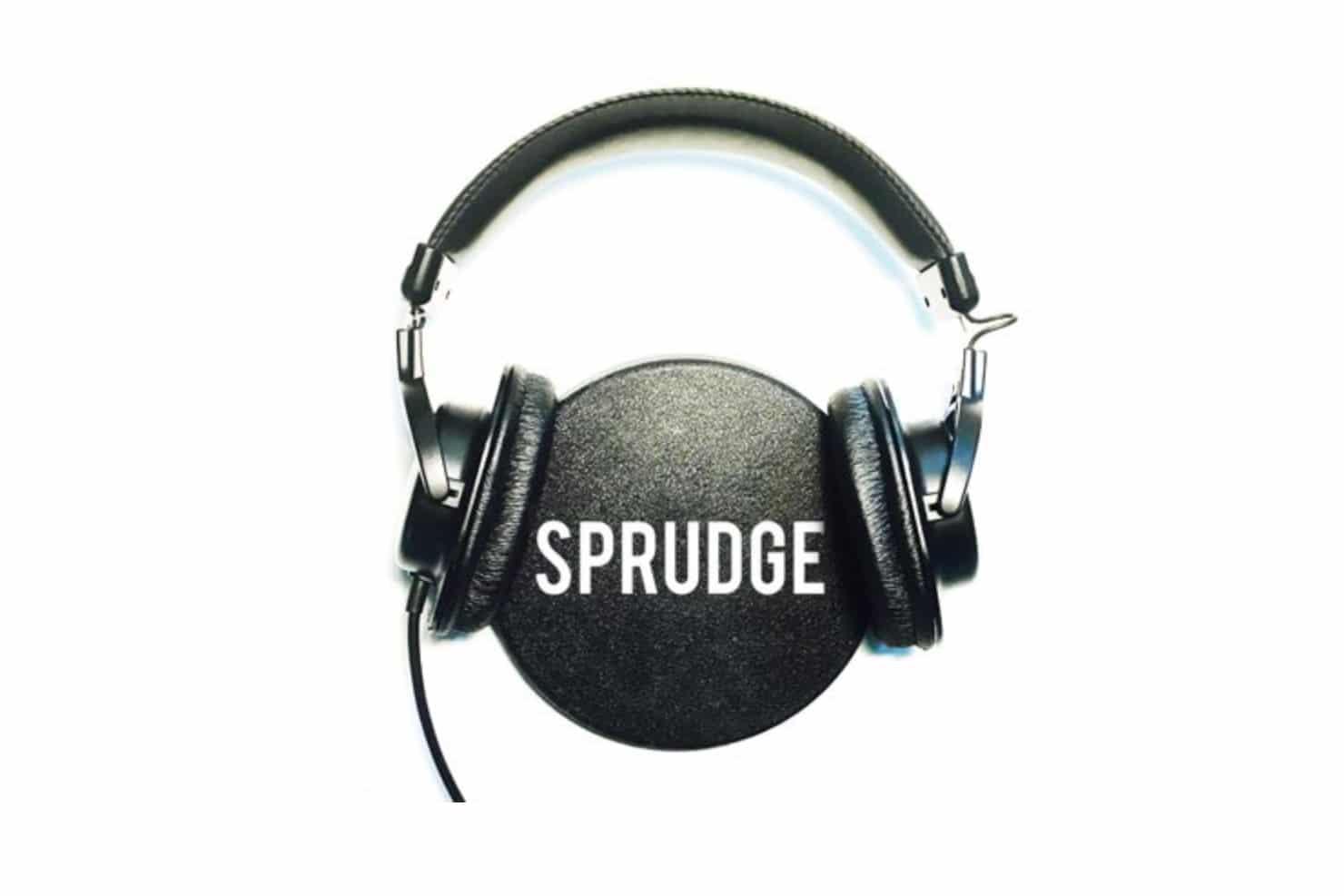In April, Howard Schultz kicked off his third stint as Starbucks CEO by announcing that the company would suspend its stock buybacks—a program whereby a publicly traded company buys back shares of their business from the open market—and would instead invest that money into operations, coming most notably in the form of pay increases for employees. The decision was made, per CNBC, due in part to sweeping unionization efforts at company-owned Starbucks locations across the country.
Going into effect this week, those pay raises were announced back in May, with Starbucks at the time stating they the increases would not be extended to unionized stores. And now, Starbucks Workers United is requesting the company extend the same increase to the unionized locations.
As reported by CNBC, the coffee chain expects to spend $1 billion dollars in the 2022 fiscal year on “wage hikes, improved training, and store innovation.” Pay raises amount to at least 5% or to 5% above market rate, whichever is greater, for all non-unionized workers with 2+ years experience and at least 7% or 10% above market rate, whichever is greater, for those with five or more years experience. These increase, per CNBC, are only “available to stores that did not start organizing before it was announced.”
Starbucks states that it cannot offer the new benefits to unionized stores without going through the collective bargaining process. “The law is clear: once a store unionizes, no changes to benefits are allowed without good faith collective bargaining,” an anti-union factsheet on the Starbucks website states.
Workers rights advocates, on the other hand, see it differently. Stephen Holroyd, a lawyer who has worked for the National Labor Relations Board (NLRB) previously tells CNBC that while it is true that “once a union has been certified, an employer is obligated to bargain with that union before making any changes to terms and conditions of employment,” a union can approve the benefits changes without bargaining. Per Catherine Creighton of Cornell University’s Industrial and Labor Relations School, the law requires companies to notify unions of new benefits and give them the “opportunity to bargain over it.” But if the union has no objections to the new benefits, Creighton states, “then the employer can absolutely give them that benefit.”
In a letter from Workers United president Lynne Fox, the union has waived the bargaining right for this issue, though it makes clear this does not extend to other bargaining obligations federal law requires of Starbucks.
Starbucks Workers United attorney Gabe Frumkin states the exclusion of unionized stores from the raises is an obvious retaliation to the groundswell of union efforts. Frumkin has already filed two charges against the company relating to wages and benefits for non-unionized locations and says there may be more to come.
Pay increases aren’t the only added benefits not being offered to union stores. “Faster sick time accrual and medical travel reimbursement for employees seeking abortions or gender-reaffirming care” are expected to be added to the company’s benefits package for non-union employees.
Whether Starbucks will extend the new benefits to union stores without litigation remains to be seen. Starbucks Workers United have waived the need to collectively bargain in this instance, so the company can ostensibly proceed with offering the updated benefits package if it so desires.
Zac Cadwalader is the managing editor at Sprudge Media Network and a staff writer based in Dallas. Read more Zac Cadwalader on Sprudge.

























